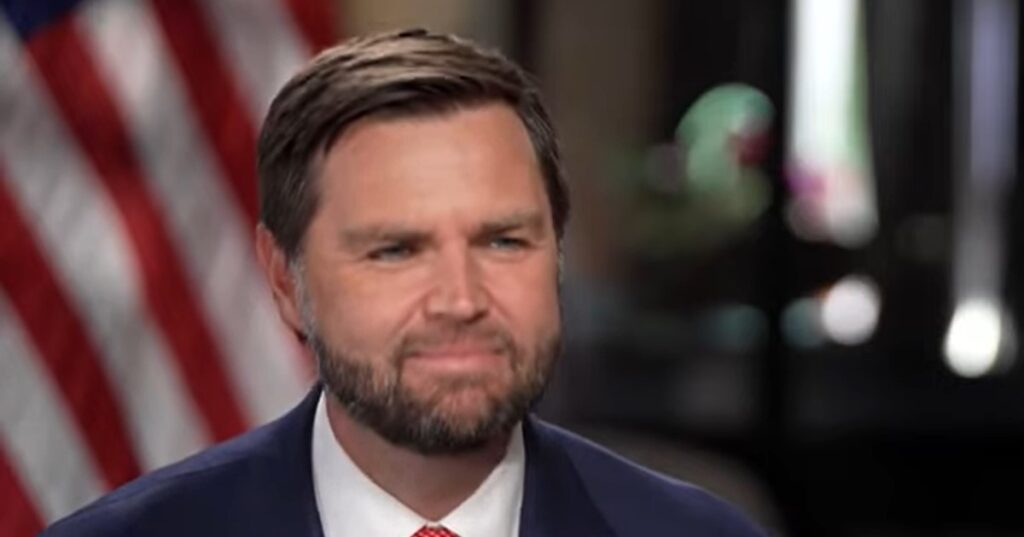The federal government has been stalled for almost a month after Senate Democrats refused to pass a continuing resolution, and the dispute put troop pay squarely in the crosshairs. Vice President J.D. Vance has publicly said troops will be paid for now, while officials point to unspent Pentagon money and a large private donation as stopgaps. Legal questions remain, and Republican leaders are pushing to protect service members amid the chaos caused by the shutdown.
The shutdown has real consequences beyond Washington gridlock, and the first worry is whether service members get their paychecks on time. “We believe that we can continue to pay the troops on Friday. Unfortunately, we’re not going to be able to pay everybody, because we’ve been handed a very bad hand by the Democrats,” Vance was quoted as saying. He made that pledge to reporters after meeting with Senate Republicans, framing the issue as a direct result of Democratic intransigence.
“This is one of the reasons why you’ve seen some layoffs in the federal workforce. We do think that we can continue paying the troops, at least for now,” he added. That line reflects the immediate Republican message: prioritize pay for those who serve while pointing to the political cause of the crisis. The tone is meant to reassure troops and pin responsibility on Democrats for the budget impasse.
The Pentagon is not entirely without options: it reportedly has roughly $8 billion in unspent funds that were intended for research, development, and technology. Some Republican Senators have asked whether those dollars can legally be shifted to cover payroll, and the question has been debated in legal and budget circles. Treasury Secretary Scott Bessent pushed back on the doubt and described a specific timeline for how the money could be used to keep troops paid.
Bessent told interviewers that the available funds would cover salaries through the end of his month and that using those balances could buy time while lawmakers sort out a longer-term fix. “I think we’ll be able to pay them beginning in November, but by November 15 our troops and service members who are willing to risk their lives aren’t going to be able to get paid,” he predicted. Those comments underline both the temporary nature of the solution and the urgency for Congress to act.
Outside the Treasury and Pentagon, private efforts have moved fast to fill gaps left by the shutdown. Days before Vance’s statement, a pro-Trump billionaire stepped forward with a major contribution: a $130 million donation directed to help pay soldiers during the funding lapse. In announcing the move, President Donald Trump did not identify Mellon by name, stating that he is a “patriot” and a “friend” who “doesn’t want publicity.”
Pentagon spokesman Sean Parnell confirmed the gift and explained how the department accepted it within existing rules. “the Department of War accepted an anonymous donation of $130 million under its general gift acceptance authority.” Parnell also stressed that the donation was made “on the condition that it be used to offset the cost of service members’ salaries and benefits,” which ensures the money is narrowly applied where it was intended.
The mix of government accounting maneuvers, private money, and political pressure highlights a simple Republican argument: when Democrats shut down the government, Republicans must step in to make sure the troops are protected. Elected Republicans have been vocal about forcing decisions that prioritize service members and exposing the choices that led to this moment. The immediate focus is to keep paychecks flowing while pushing for a stable, accountable funding path that prevents future crises.



